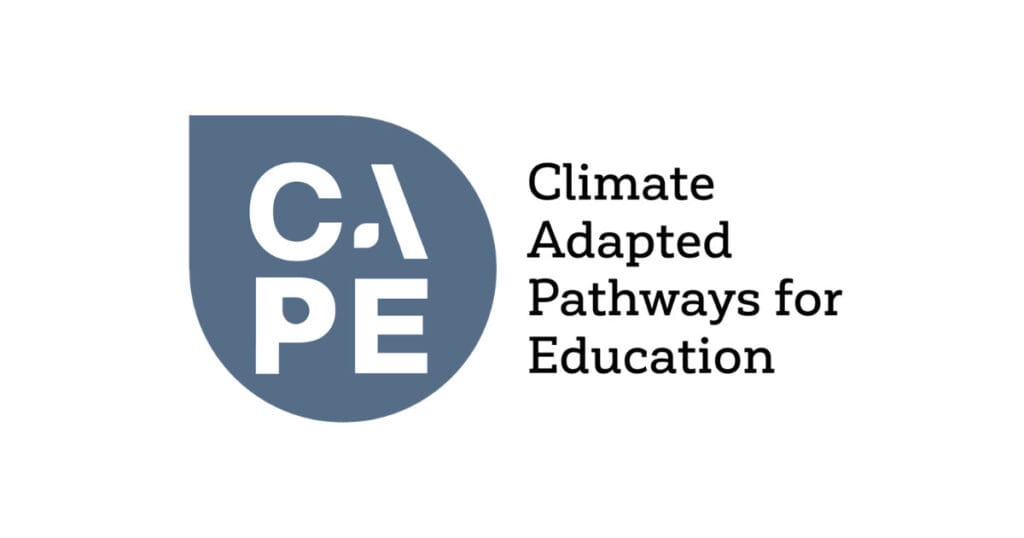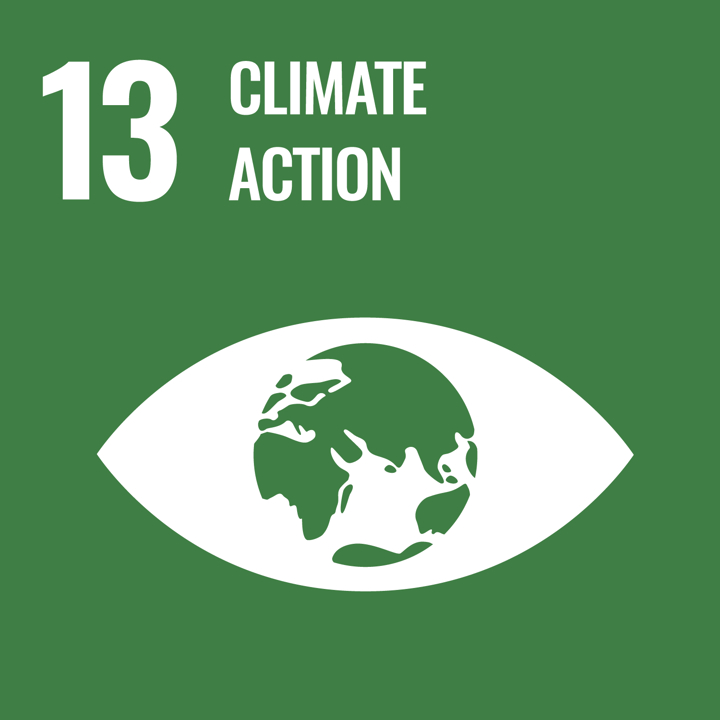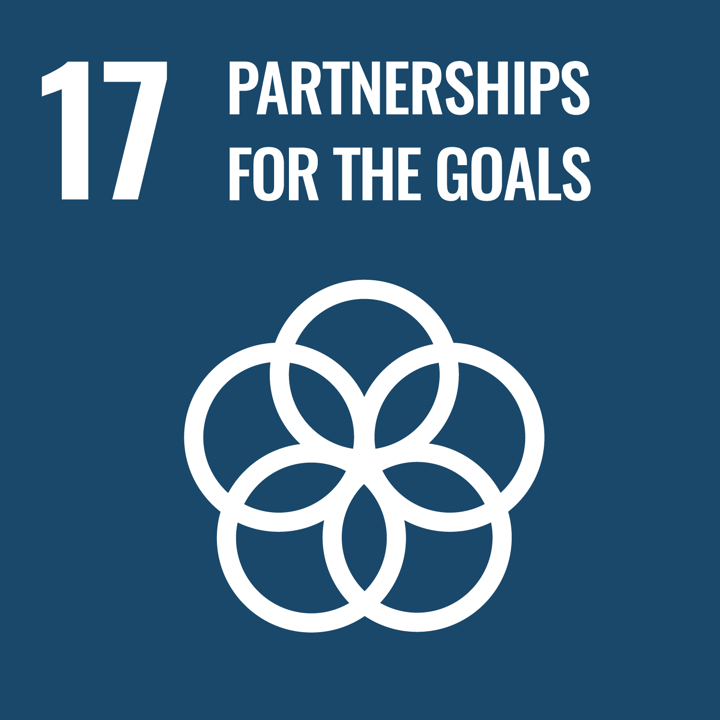
Vorgesehener Endnutzer: Schulleiter
Altersgruppe: Untere Primarstufe; Obere Primarstufe; Untere Sekundarstufe; Obere Sekundarstufe
Lehrplan der Schule: Führung von Schulen
Themen und Fragestellungen: Energy Use and Production; Behaviour & Lifestyle; Collective Action; Environmental Change; School Leadership
Dauer: Quick skim: 20–30 minutes
Thorough read (full content, moderate pace): 1.5–2 hours
Deeper dive (with notes/reflection for use in planning): 2–3 hours
Art der Ressource: Case Study, Guidelines & Notes
Schlüsselwörter: 1.Climate Justice, 2.Collective Action, 3.Whole-School Approach, 4.Teacher Agency, 5.Systems Thinking
Sprachen: Englisch
Beschreibung
Die CAPE Report 2024 is a guide that supports educators, school leaders, and teacher educators in embedding high-quality climate change education (CCE) across all school levels. Developed by the Climate Adapted Pathways for Education (CAPE) project, the report offers evidence-informed strategies to help schools implement whole-school approaches to sustainability. It emphasizes the importance of teacher agency, systems thinking, and interdisciplinary learning, while addressing the emotional dimensions of climate education such as eco-anxiety.
The report promotes collaboration with community partners and external experts to localise and enrich climate education efforts. School leadership plays a key role, with guidance provided on creating a shared vision, allocating resources, and supporting teacher professional development.
Designed to be practical and actionable, the CAPE Report includes case studies, frameworks, and reflective prompts that encourage schools to evaluate and evolve their climate education strategies. It’s particularly valuable for educators seeking to foster sustainability citizenship by empowering students to understand, navigate, and shape responses to environmental challenges.
Wie Sie diese Ressource nutzen können
The CAPE Report 2024 can be used as a strategic planning tool for embedding climate change education (CCE) across school communities. Start by reading the executive summary and key recommendations to get an overview of the report’s purpose and priorities.
School leaders can use the frameworks to guide whole-school planning and foster a shared vision for sustainability. They can explore the case studies and practical examples to inform lesson design, cross-curricular integration, and student-led action.
The report is useful for mapping existing curriculum and identifying opportunities to embed climate literacy, justice, and collective action in various subjects.
Die Ressourcen
CAPE Report 2024 PDF:
Implementing Climate Change Education in Schools: Constructive Hope in Action (January 2024)
Lernergebnisse (Leiterschaft)
- eine Reihe von geeigneten Instrumenten und Rahmenwerken zur Förderung des bürgerschaftlichen Engagements für Nachhaltigkeit in ihren Schulen und Gemeinden anzuwenden.
- ihre eigenen nationalen/regionalen Lehrpläne, Bildungspolitiken, Programme und externen Stakeholder zu untersuchen, um Möglichkeiten zur Förderung von Sustainability Citizenship in ihren Schulen und Gemeinden zu identifizieren.
- Gemeinsam Wissen, Instrumente und Rahmenbedingungen zusammenführen, um eine Vision für die Schaffung eines Schulumfelds zu entwickeln, das die Entwicklung einer nachhaltigen Bürgerschaft in ihrer Gemeinschaft unterstützt.
Grüne Kompetenzen
- Nachhaltige Werte verkörpern: Wertschätzung der Nachhaltigkeit; Unterstützung der Fairness; Förderung der Natur
- Komplexität in der Nachhaltigkeit berücksichtigen: Systemdenken; Problemstellung
- Visionen für eine nachhaltige Zukunft: Forschendes Denken
- Handeln für Nachhaltigkeit: Kollektives Handeln
Creative Commons

Hoath, L., & Dave, H. (2024). Implementing Climate Change Education in Schools: Constructive Hope in Action. Climate Adapted Pathways for Education and Leeds Trinity University.
The resource is available at the Climate Adapted Pathways for Education website..
SDGs




